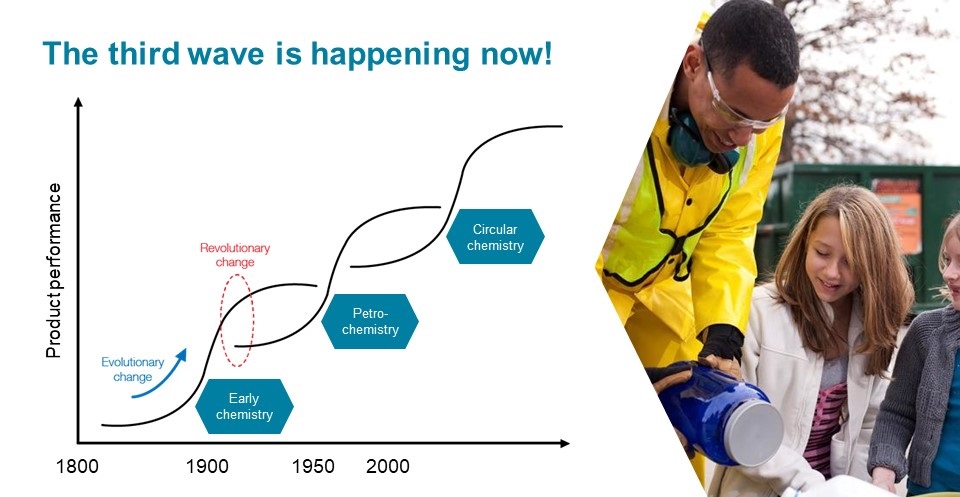

In the run of our pre-conference interviews, we recently spoke to Dr. Peter Nieuwenhuizen from ENERKEM who will be participating at our upcoming CIEX Europe 2019 conference will go LIVE on Oct 09-10 in Frankfurt.
Question #1: Without giving too much away – what is the core message of your two contributions and what would you like delegates to remember?
My main message is that we are at the intersection of the petrochemistry technology wave, which is late-stage and starting to fade, and the circular chemistry technology wave, which is early-stage and starting to take off. These intersects don’t happen very often, and the innovation involved needs to be managed differently than we did in the past 25 years. We have to come up with these management approaches.

Question #2: Why did you choose the topic of your two contributions ?
As CTO at AkzoNobel Specialty Chemicals, I’ve implemented a number of programs to increase the company’s ability to source new technologies and to successfully work with startups. Now I’ve stepped to the other side. In my new role as VP Technology Strategy & Deployment at Enerkem I represent a successful scale-up firm with circular technology that seeks to team up with larger firms to accelerate growth and roll-out. I think I have a few things to share about collaboration in this space.
Question #3: What motivates you to join CIEX 2019 and what are your expectations?
As you’ll appreciate from the above, the topic “Game-changing innovation through Collaboration” is rather pertinent when corporates and start-ups need to collaborate to make the transition to a circular chemical industry. So I expect to have lots of inspiring conversations!
Question #4: The need for innovation has been a continued topic for the chemical industry – how would you sum up the current state of the industry, specifically with a focus on its innovation efforts?
Our industry operates, by and large, in the late, incremental stage of the technology wave of petrochemistry. The industry is very good, very effective, very efficient at doing the incremental type innovations in this stage; It has been doing this for almost 25 years. However, if the industry wants to successfully step up to the technology wave of circular chemistry, which is in its early, leaps-and-bounds stage, it will have to acquire new skills, and partner with the startups that are pioneering this new way of producing and selling chemistry.
Question #5: What must (chemical) industry leaders do to prepare to remain competitive and prepare for the future?
Two things. First, we should not not defend fossil raw materials as the only viable feedstock we can use. The chemical industry exists not for its raw material but to make functional products that improve lives and wellbeing. We’ve made those products from biomass early on, then from coal, today from oil and gas. If we should now make these products from circular feedstocks like waste and biomass, we can do so. And we should say we can do so. Second, the industry should re-acquire the innovation skills it had 50 years ago: leaps-and-bounds, take some risk, develop new business models. To do so it should partner with startups, the pioneers that are right now developing the technologies of the circular chemistry technology wave which will enable the circular economy transition that is so much talked about.
[adrotate group=”1″]